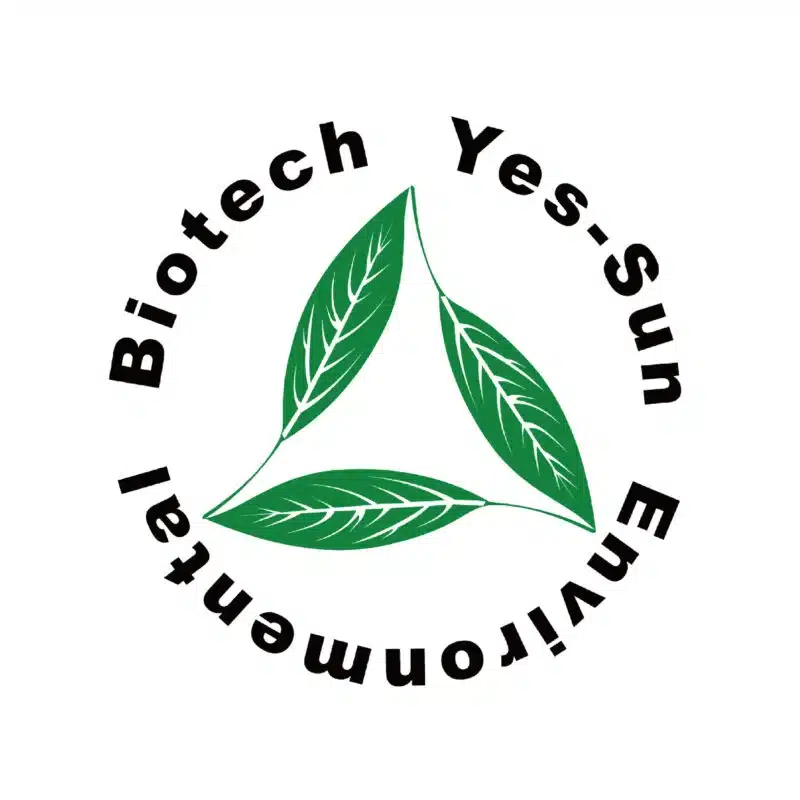Many countries are currently grappling with the issue of waste disposal, exacerbated by the rapid development of the technology industry and the increasing rate of electronic product replacement. The growing diversity of waste has emerged as one of the most significant challenges in the field of environmental protection.
In recent years, there has been a growing awareness of the importance of environmental protection, coupled with advancements in organic waste recycling technology. As a result, the concept of material recycling has gained widespread acceptance within the environmental industry. Organic waste is now recognized for its potential as a valuable resource, akin to urban mineral resources and other valuable materials.
This shift in perspective has led to increased efforts to harness the potential of organic waste, promoting its recycling and reuse in various industries. By treating organic waste as a valuable resource rather than mere waste, we can minimize environmental impact, conserve resources, and contribute to a more sustainable future.

In Taiwan, the management of organic waste has transitioned from negative practices such as incineration and burial towards a more proactive approach focused on source reduction and recycling. The goal is to achieve full recovery and zero waste in organic waste management.
To regulate and facilitate the proper handling of organic waste, Taiwan has implemented the Organic Waste Removal Law and the Recycling Law of Recycling of Organic Waste. These administrative decrees outline the regulations and procedures for the removal, treatment, and recycling of organic waste in the country.
Through these laws, Taiwan aims to promote sustainable practices and encourage the efficient utilization of organic waste resources. By adopting a comprehensive approach to organic waste management, the country is taking significant steps towards a more environmentally friendly and resource-efficient future.
At present, Taiwan waste can be divided into General Organic Waste,、 Agricultural Organic Waste and Industrial Organic Waste
In Taiwan, the management of organic waste involves various approaches and is carried out by different government units according to specific regulations and guidelines.
For general organic waste recycling, it falls under the responsibility of the Recycling Management Fund Management Committee, which operates the recovery management fund system. The funds collected are utilized to support the recycling and proper disposal of organic waste. The remaining general organic waste recycling, removal, and disposal are managed by the relevant government units in accordance with the law.
Agricultural organic waste, which includes waste generated from animals and plants, is recovered through specific programs and initiatives aimed at collecting and properly managing such waste in the agricultural sector.
Industrial organic waste is categorized into two types: General Industrial Organic Waste and Hazardous Waste. The Environmental Protection Department of the Executive Yuan is responsible for planning the disposal and treatment facilities for general industrial organic waste. On the other hand, the Ministry of Economic Affairs Industry Bureau oversees the planning, coordination, and promotion of disposal facilities for hazardous waste.
These coordinated efforts by different government departments aim to ensure proper management and disposal of organic waste, promoting environmental sustainability and resource utilization in Taiwan.
Organic Waste Recycling in various countries
United States
Organic waste recycling has gained significant attention and implementation over the years, driven by the waste reduction policies of the US government. Recognizing the wastefulness of discarding organic waste and the need for stricter landfill regulations, the value and importance of waste classification have greatly increased in American society.
Korea
In 1995, the Korean government introduced the “garbage bag with the bag collection system,” which brought about a shift in people’s attitudes and behaviors towards garbage disposal. This system aimed at waste reduction and resource recovery. Subsequently, the government took further measures by implementing regulations that prohibited food waste from being disposed of in landfills by 2005.
Canada
In Canada, the government has implemented regulations regarding waste management, specifically focusing on the proper handling of recyclable waste and harmful trash. According to these regulations, all recyclable waste should be sorted and placed in designated recycling boxes or bins in an organized manner.



 中文 (台灣)
中文 (台灣) Bahasa Indonesia
Bahasa Indonesia Tiếng Việt
Tiếng Việt Bahasa Melayu
Bahasa Melayu Français
Français Español
Español Português
Português